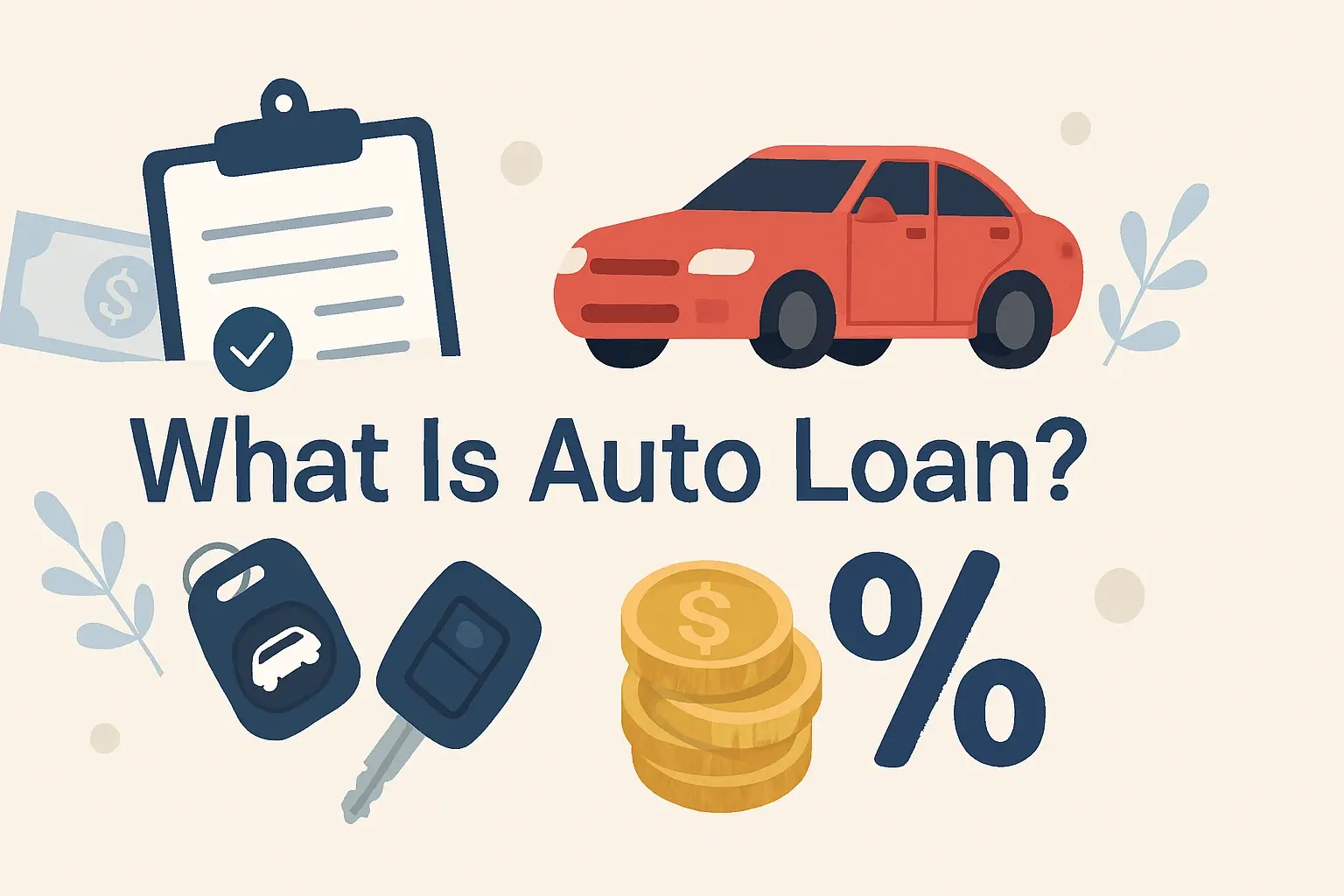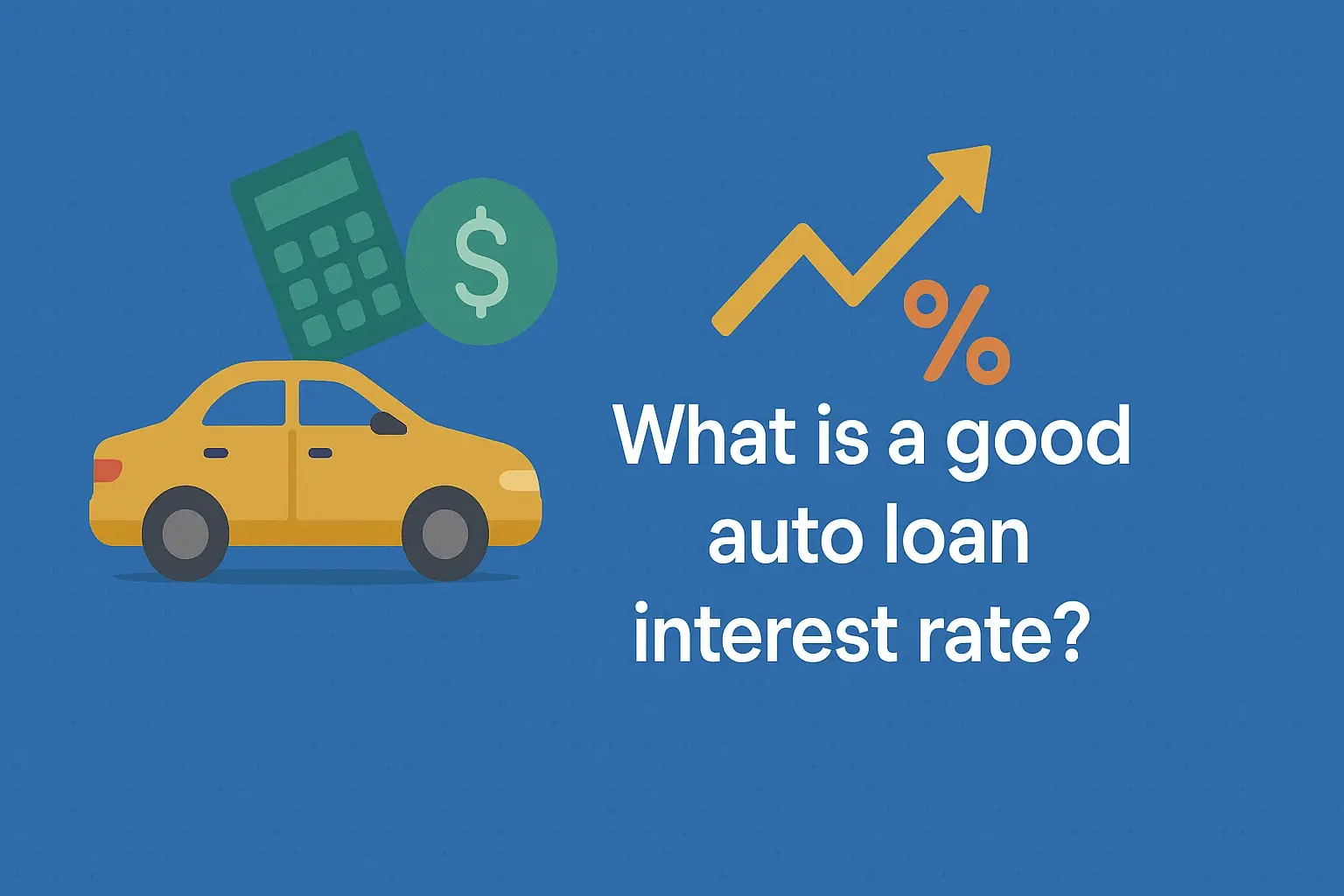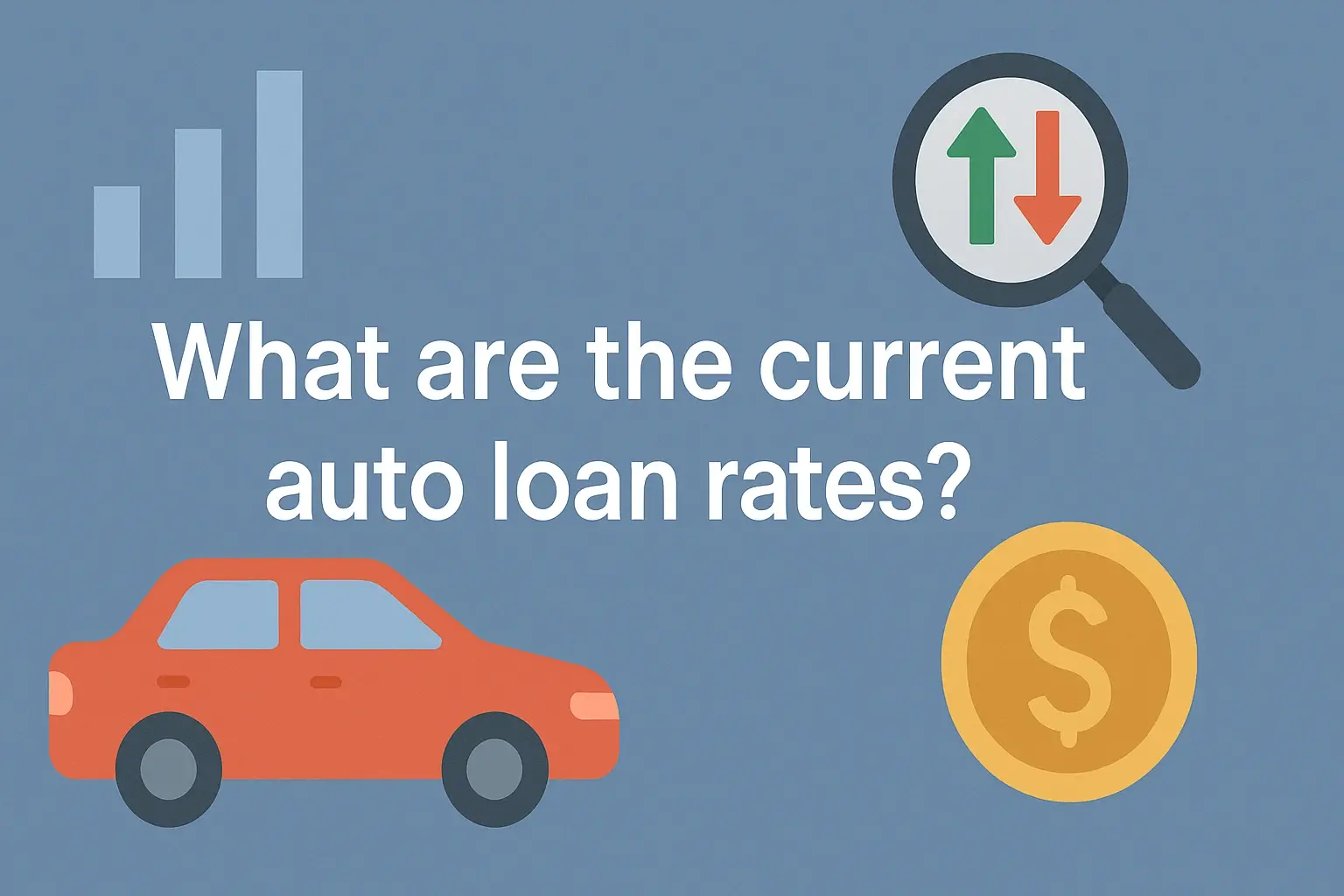-
Posted on: 25 Jul 2024

-
Buying a home is a significant milestone, and your credit score plays a crucial role in making that dream a reality. While a perfect credit score might seem like the ultimate key to unlocking homeownership, understanding the nuances of credit score requirements for mortgages is essential. This comprehensive guide will delve into the credit score ranges needed for various mortgage types, offer tips on improving your credit score, and provide valuable insights into the home-buying process.
Understanding Credit Scores and Their Impact on Mortgages
Before we dive into the specifics, let's define what a credit score is and why it matters to lenders. A credit score is a three-digit number that summarizes your credit history and reflects your creditworthiness. Lenders use it to assess the risk of lending you money. A higher credit score typically translates to lower interest rates and better loan terms.
The FICO Score: The Gold Standard
The most widely used credit scoring model is the FICO score, developed by the Fair Isaac Corporation. FICO scores range from 300 to 850. While some lenders might consider other credit scoring models, understanding your FICO score is paramount when preparing to buy a house. Generally speaking, a FICO score of 740 or higher is considered excellent, 700-739 is good, 650-699 is fair, and below 650 is poor. Keep in mind, these are general guidelines, and specific lender criteria may vary.
Why Credit Score Matters for Mortgage Approval
Your credit score influences several aspects of your mortgage, including:
- Interest Rates: Borrowers with higher credit scores qualify for lower interest rates, saving them significant money over the life of the loan.
- Loan Approval: A higher credit score increases your chances of getting approved for a mortgage. Lower scores can lead to denials or require larger down payments.
- Loan Terms: Lenders may offer more favorable loan terms, such as lower fees or more flexible repayment options, to borrowers with good credit.
- Loan Amount: In some cases, a better credit score can enable you to borrow a larger amount of money.
Credit Score Requirements for Different Mortgage Types
The minimum credit score required to buy a house varies depending on the type of mortgage you're seeking. Here's a breakdown of the common mortgage types and their corresponding credit score requirements:
Conventional Loans
Conventional loans are mortgages that are not insured or guaranteed by the government. They are typically offered by banks, credit unions, and other private lenders.
- Minimum Credit Score: Generally, lenders prefer a credit score of 620 or higher for conventional loans.
- Ideal Credit Score: For the best interest rates and loan terms, aim for a credit score of 740 or higher.
- Down Payment: Typically requires a down payment of 3% to 20% of the home's purchase price.
- Private Mortgage Insurance (PMI): If your down payment is less than 20%, you'll likely be required to pay PMI until you reach 20% equity in the home.
FHA Loans
FHA loans are insured by the Federal Housing Administration (FHA) and are designed to help first-time homebuyers and those with lower credit scores achieve homeownership.
- Minimum Credit Score: The FHA generally requires a minimum credit score of 500.
- Credit Score and Down Payment:
- With a credit score of 500-579, you'll need to make a down payment of at least 10%.
- With a credit score of 580 or higher, you may be eligible for a down payment as low as 3.5%.
- Mortgage Insurance Premium (MIP): FHA loans require both an upfront MIP and an annual MIP, regardless of your down payment amount.
VA Loans
VA loans are guaranteed by the Department of Veterans Affairs (VA) and are available to eligible veterans, active-duty service members, and surviving spouses.
- Minimum Credit Score: The VA doesn't have a specific minimum credit score requirement, but most lenders prefer a score of 620 or higher. Some lenders may go lower, but this is not common.
- Funding Fee: VA loans typically require a funding fee, which is a percentage of the loan amount. However, some veterans may be exempt from paying the funding fee.
- Benefits: VA loans often offer benefits such as no down payment (in most cases), no private mortgage insurance, and competitive interest rates.
USDA Loans
USDA loans are guaranteed by the U.S. Department of Agriculture (USDA) and are designed to help homebuyers purchase homes in rural and suburban areas.
- Minimum Credit Score: Most lenders require a minimum credit score of 620 or higher for USDA loans.
- Eligibility Requirements: USDA loans are subject to income and location requirements.
- Benefits: USDA loans often offer benefits such as no down payment and lower mortgage insurance rates compared to FHA loans.
Beyond Credit Score: Other Factors Affecting Mortgage Approval
While your credit score is a significant factor, lenders also consider other aspects of your financial profile when evaluating your mortgage application:
- Debt-to-Income Ratio (DTI): This is the percentage of your gross monthly income that goes toward paying debts. Lenders prefer a lower DTI, typically below 43%.
- Income and Employment History: Lenders want to see a stable income and employment history to ensure you can repay the loan.
- Down Payment: The amount of your down payment can affect your loan terms and interest rate. A larger down payment may also reduce the need for private mortgage insurance.
- Assets: Lenders may consider your assets, such as savings accounts and investments, as a sign of financial stability.
- Property Appraisal: The lender will order an appraisal to determine the fair market value of the home.
Improving Your Credit Score to Buy a House
If your credit score isn't where you'd like it to be, don't despair! There are several steps you can take to improve it before applying for a mortgage:
- Check Your Credit Report: Obtain a free copy of your credit report from AnnualCreditReport.com and review it for any errors or inaccuracies. Dispute any errors with the credit bureaus.
- Pay Bills on Time: Payment history is the most significant factor in your credit score. Make sure to pay all your bills on time, every time. Consider setting up automatic payments to avoid missed payments.
- Reduce Credit Card Balances: High credit card balances can negatively impact your credit score. Aim to keep your credit utilization ratio (the amount of credit you're using compared to your credit limit) below 30%.
- Avoid Opening New Credit Accounts: Opening multiple new credit accounts in a short period can lower your average credit age and negatively impact your credit score.
- Become an Authorized User: Ask a trusted friend or family member with a good credit history to add you as an authorized user on their credit card. This can help you build a credit history without having to apply for a new card.
- Consider a Secured Credit Card: If you have limited or no credit history, a secured credit card can be a good way to build credit. You'll need to deposit a certain amount of money as collateral, and your credit limit will typically be equal to your deposit.
The Myth of the "Perfect" Credit Score (850)
While having a credit score of 850, the highest possible FICO score, is undoubtedly impressive, it's important to understand that it's not always necessary to achieve homeownership. Lenders are more concerned with a strong credit history and responsible financial behavior than achieving a perfect score. A score in the excellent range (740-799) will typically qualify you for the best interest rates and loan terms.
Spending all your efforts on achieving a perfect score may not be the most efficient use of your time and resources. Focus instead on consistently practicing good credit habits and ensuring your overall financial profile is strong. A healthy down payment, low DTI ratio, and stable employment history are equally important factors in the mortgage approval process.
Working with a Mortgage Professional
Navigating the complexities of the mortgage process can be challenging. Working with a qualified mortgage professional can provide valuable guidance and support. A mortgage lender can help you:
- Assess your creditworthiness and financial situation.
- Determine the right mortgage type for your needs.
- Compare loan options from different lenders.
- Guide you through the application process.
- Answer your questions and address any concerns you may have.
Before you start your home search, it's a good idea to get pre-approved for a mortgage. Pre-approval gives you a better understanding of how much you can afford and strengthens your position when making an offer on a home.











